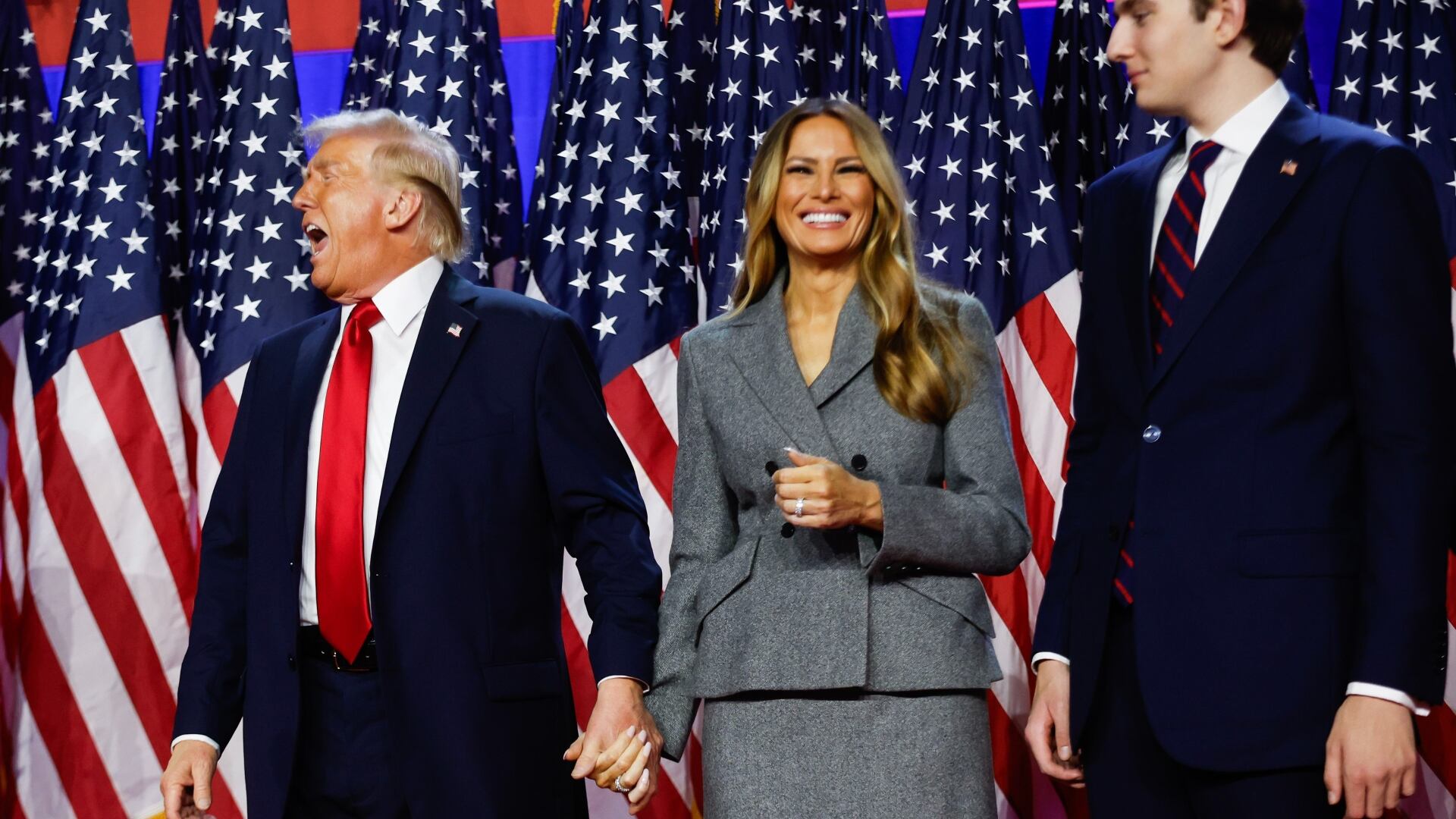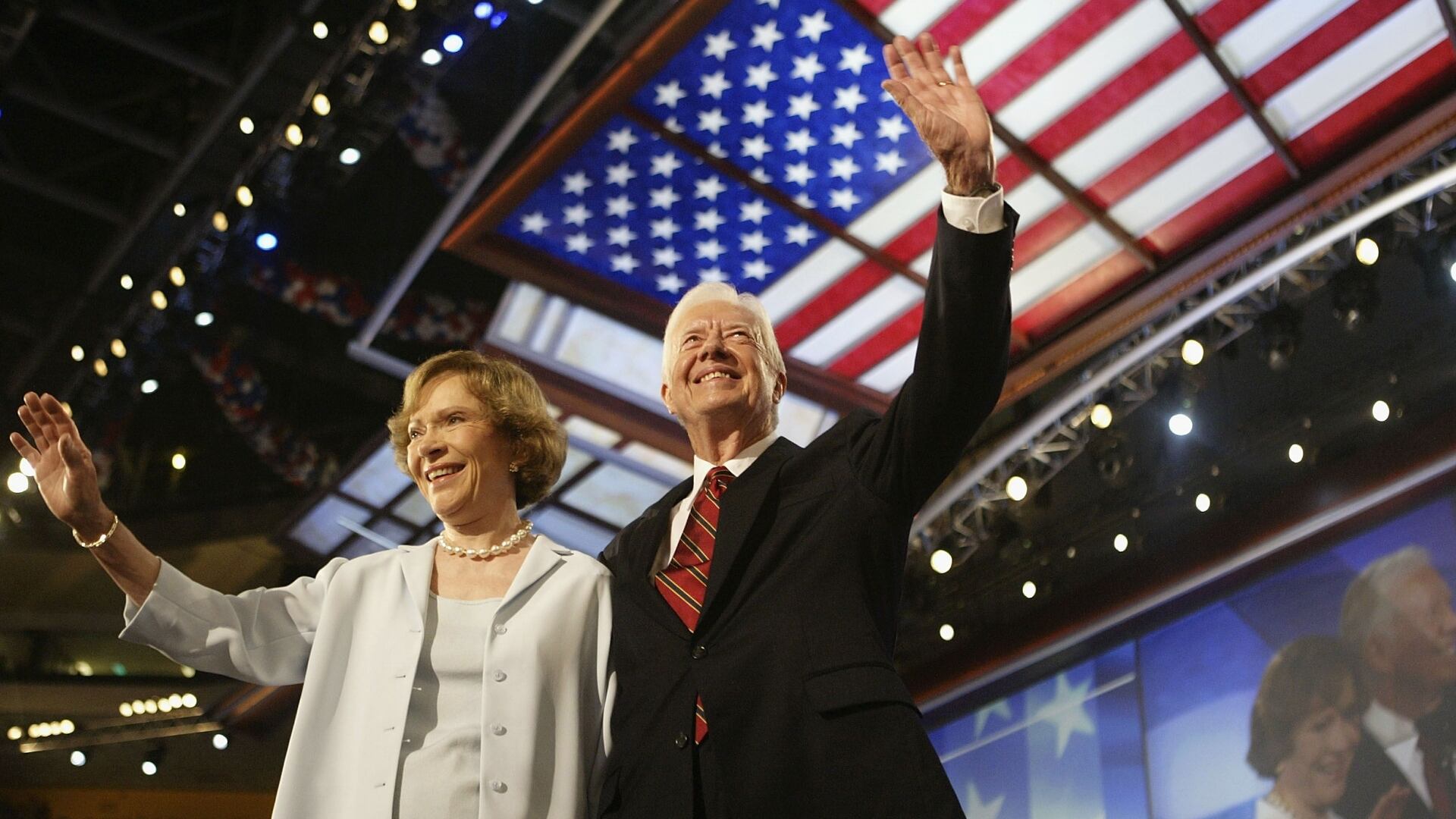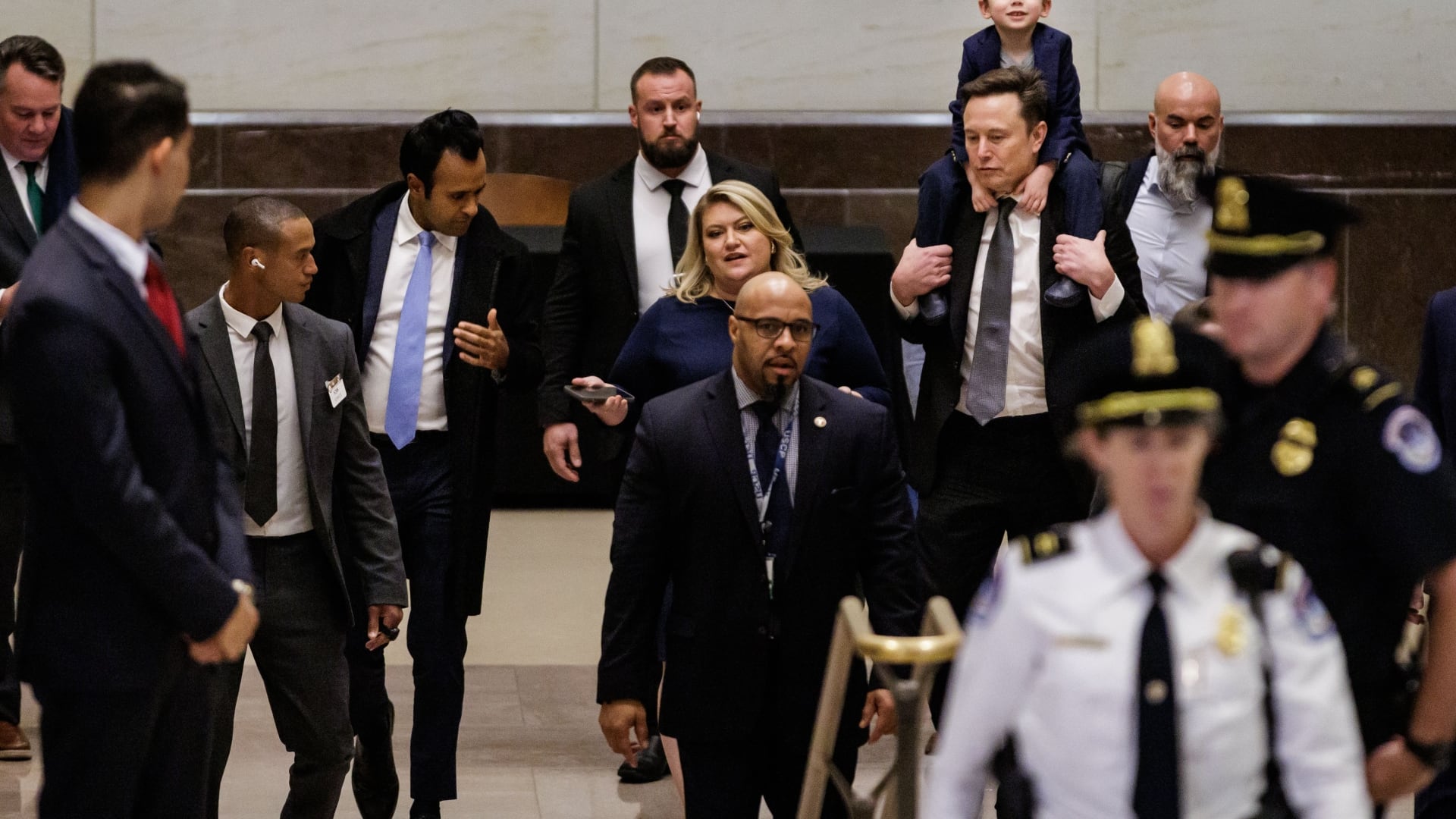The Supreme Court will decide whether a disabled activist can file disability rights lawsuits against hotels she doesn't intend to visit.
The high court said Monday it would decide a case involving Deborah Laufer. Laufer, who lives in Florida, has filed over 600 federal lawsuits against hotel owners and operators, according to a Supreme Court filing.
Laufer has a vision impairment, uses a cane or wheelchair to get around, and has limited use of her hands, according to court documents. Her lawsuits contend that the websites of accommodations, generally small hotels and bed-and-breakfasts, are not clear enough about whether they are accessible to people with disabilities.
Under the federal Americans With Disabilities Act hotels must identify and describe their accessible features including guest rooms in sufficient detail.
Laufer's lawsuits and lawsuits by other self-appointed “testers” have divided federal appeals courts. The question is whether Laufer and others have suffered an injury that gives them the ability to sue, called “standing.” Some courts have ruled that people who never intend to visit the accommodations they are challenging can nonetheless sue. Other courts have declined to allow the lawsuits.
The case the court agreed to hear involves the Coast Village Inn and Cottages in Wells, Maine. A federal trial court dismissed Laufer's lawsuit alleging the hotel's website contained insufficient information on disability accommodations. But a federal appeals court allowed the case to go forward.
The hotel currently has a notice at the top of its website that reads: “Please Note: Unfortunately, we do not have the capabilities to provide pet-friendly or ADA compliant lodging. We apologize for the inconvenience!”












